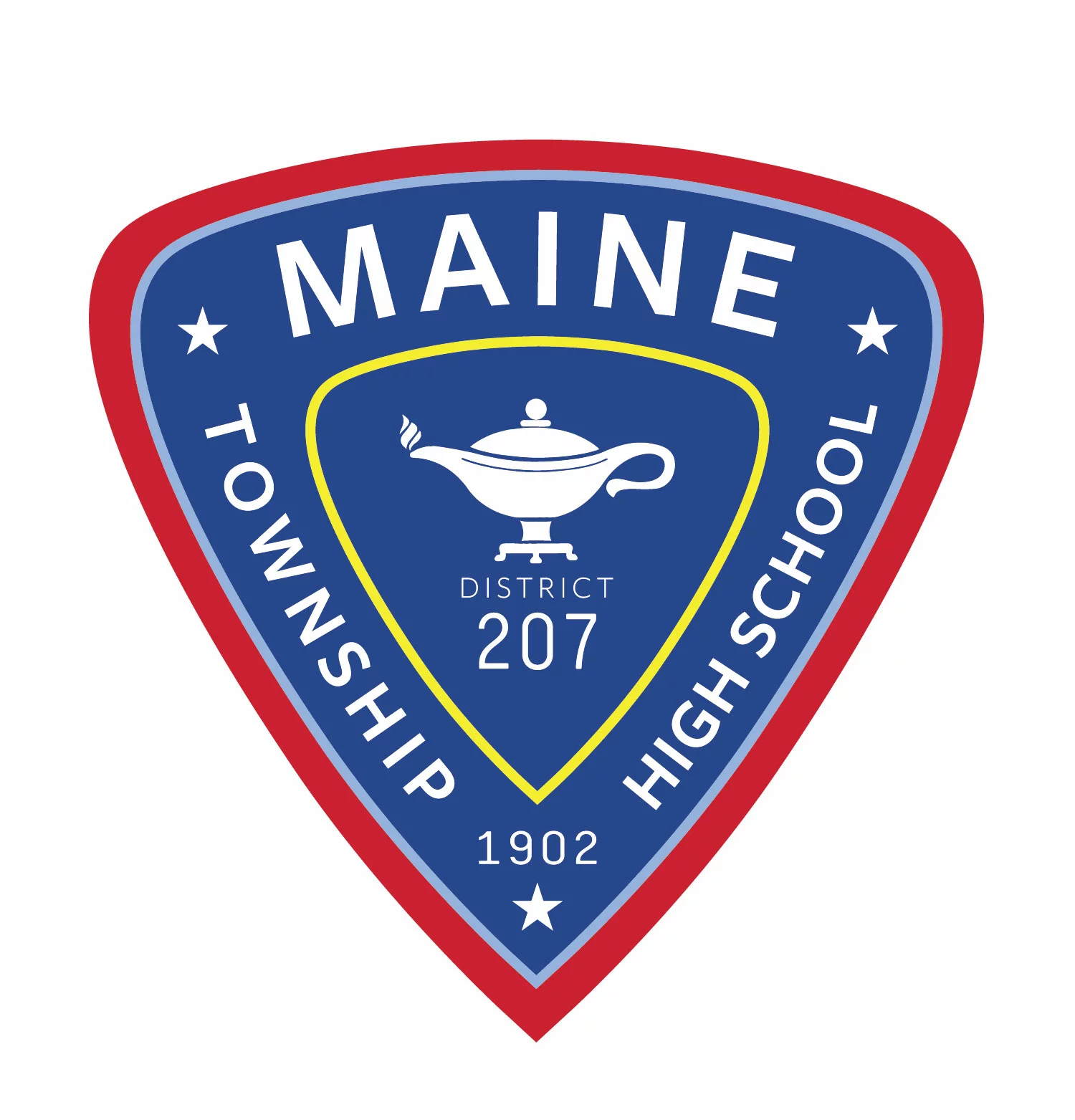COMPETENCIES
The Establishing a Learning Community pathway includes adult learning competencies that focus on building a safe, collaborative and nurturing learning environment.
This pathway focuses on learning how to develop one’s own attitudes, beliefs and practices that fosters an environment of learning for all students regardless of their individual and cultural differences.

I can use varied sources of information (natural roles, culture, interests, strengths, challenges) about learners in order to establish a safe and supportive culture of learning, collaboration and acceptance.
See Alignments BelowI can use high impact strategies, routines and common language as well as knowledge of student profiles (culture, skills/needs, career and other interests, etc.) to foster a student-directed learning community that empowers student curiosity and encourages academic and social-emotional risks.
See Alignments BelowI can acknowledge student differences in order to build a culturally responsive environment that develops student awareness of their own cultural lenses and the ability to respect the varied experiences of their peers.
See Alignments BelowI believe all students are capable of high achievement and I can foster a nurturing environment for students to reflect on and celebrate their academic and social-emotional growth.
See Alignments BelowI can seek to identify and reduce the impact of my own implicit biases in my interactions with students and in the design of student learning experiences.
See Alignments BelowALIGNMENTS
Vision
Learner inquires about and questions content at a deep and personal level.
Learning progressions are based on student interest and are adapted to meet individual student needs.
Learners can articulate their personal learning journey using routine reflective practices
Foundational learning outcomes have broad application across multiple disciplines and are clearly connected to essential skills required for success in life.
The school culture acknowledges the wants, needs, and goals of individuals and systemically supports their pursuit.
The school culture supports the belief that learning occurs in a multitude of settings and through a multitude of modalities that are centered around the preferences of students.
Failure is accepted as a necessary part of the learning process.
Learning is a social activity.
The school culture fosters a sense of belonging and acceptance.
Areas of Focus
Framework for Professional Practice
Demonstrating Flexibility and Responsiveness
Showing Professionalism
Growing and Developing Professionally
Participating in the Professional Community
Reflecting on Teaching and Practice
Managing Student Behavior
Creating an Environment of Respect and Rapport
Maintaining Accurate Records to Support communication with families
Managing routines, procedures and physical space
Using Questioning and Discussion Techniques
Demonstrating Knowledge of Students
Using Assessment in Instruction/Practice
Designing Assessments
Demonstrating Knowledge of Resources
Demonstrating Knowledge of Content and Pedagogy
Engaging Students
Communicating with Students
Establishing a Culture and Climate for Learning
Designing Coherent Instruction/Services
Setting goals and outcomes
Vision
Learner inquires about and questions content at a deep and personal level.
Learning progressions are based on student interest and are adapted to meet individual student needs.
Learners can articulate their personal learning journey using routine reflective practices
Foundational learning outcomes have broad application across multiple disciplines and are clearly connected to essential skills required for success in life.
The school culture acknowledges the wants, needs, and goals of individuals and systemically supports their pursuit.
The school culture supports the belief that learning occurs in a multitude of settings and through a multitude of modalities that are centered around the preferences of students.
Failure is accepted as a necessary part of the learning process.
Learning is a social activity.
The school culture fosters a sense of belonging and acceptance.
Areas of Focus
Framework for Professional Practice
Demonstrating Flexibility and Responsiveness
Showing Professionalism
Growing and Developing Professionally
Participating in the Professional Community
Reflecting on Teaching and Practice
Managing Student Behavior
Creating an Environment of Respect and Rapport
Maintaining Accurate Records to Support communication with families
Managing routines, procedures and physical space
Using Questioning and Discussion Techniques
Demonstrating Knowledge of Students
Using Assessment in Instruction/Practice
Designing Assessments
Demonstrating Knowledge of Resources
Demonstrating Knowledge of Content and Pedagogy
Engaging Students
Communicating with Students
Establishing a Culture and Climate for Learning
Designing Coherent Instruction/Services
Setting goals and outcomes
Vision
Learner inquires about and questions content at a deep and personal level.
Learning progressions are based on student interest and are adapted to meet individual student needs.
Learners can articulate their personal learning journey using routine reflective practices
Foundational learning outcomes have broad application across multiple disciplines and are clearly connected to essential skills required for success in life.
The school culture acknowledges the wants, needs, and goals of individuals and systemically supports their pursuit.
The school culture supports the belief that learning occurs in a multitude of settings and through a multitude of modalities that are centered around the preferences of students.
Failure is accepted as a necessary part of the learning process.
Learning is a social activity.
The school culture fosters a sense of belonging and acceptance.
Areas of Focus
Framework for Professional Practice
Demonstrating Flexibility and Responsiveness
Showing Professionalism
Growing and Developing Professionally
Participating in the Professional Community
Reflecting on Teaching and Practice
Managing Student Behavior
Creating an Environment of Respect and Rapport
Maintaining Accurate Records to Support communication with families
Managing routines, procedures and physical space
Using Questioning and Discussion Techniques
Demonstrating Knowledge of Students
Using Assessment in Instruction/Practice
Designing Assessments
Demonstrating Knowledge of Resources
Demonstrating Knowledge of Content and Pedagogy
Engaging Students
Communicating with Students
Establishing a Culture and Climate for Learning
Designing Coherent Instruction/Services
Setting goals and outcomes
Vision
Learner inquires about and questions content at a deep and personal level.
Learning progressions are based on student interest and are adapted to meet individual student needs.
Learners can articulate their personal learning journey using routine reflective practices
Foundational learning outcomes have broad application across multiple disciplines and are clearly connected to essential skills required for success in life.
The school culture acknowledges the wants, needs, and goals of individuals and systemically supports their pursuit.
The school culture supports the belief that learning occurs in a multitude of settings and through a multitude of modalities that are centered around the preferences of students.
Failure is accepted as a necessary part of the learning process.
Learning is a social activity.
The school culture fosters a sense of belonging and acceptance.
Areas of Focus
Framework for Professional Practice
Demonstrating Flexibility and Responsiveness
Showing Professionalism
Growing and Developing Professionally
Participating in the Professional Community
Reflecting on Teaching and Practice
Managing Student Behavior
Creating an Environment of Respect and Rapport
Maintaining Accurate Records to Support communication with families
Managing routines, procedures and physical space
Using Questioning and Discussion Techniques
Demonstrating Knowledge of Students
Using Assessment in Instruction/Practice
Designing Assessments
Demonstrating Knowledge of Resources
Demonstrating Knowledge of Content and Pedagogy
Engaging Students
Communicating with Students
Establishing a Culture and Climate for Learning
Designing Coherent Instruction/Services
Setting goals and outcomes
Vision
Learner inquires about and questions content at a deep and personal level.
Learning progressions are based on student interest and are adapted to meet individual student needs.
Learners can articulate their personal learning journey using routine reflective practices
Foundational learning outcomes have broad application across multiple disciplines and are clearly connected to essential skills required for success in life.
The school culture acknowledges the wants, needs, and goals of individuals and systemically supports their pursuit.
The school culture supports the belief that learning occurs in a multitude of settings and through a multitude of modalities that are centered around the preferences of students.
Failure is accepted as a necessary part of the learning process.
Learning is a social activity.
The school culture fosters a sense of belonging and acceptance.
Areas of Focus
Framework for Professional Practice
Demonstrating Flexibility and Responsiveness
Showing Professionalism
Growing and Developing Professionally
Participating in the Professional Community
Reflecting on Teaching and Practice
Managing Student Behavior
Creating an Environment of Respect and Rapport
Maintaining Accurate Records to Support communication with families
Managing routines, procedures and physical space
Using Questioning and Discussion Techniques
Demonstrating Knowledge of Students
Using Assessment in Instruction/Practice
Designing Assessments
Demonstrating Knowledge of Resources
Demonstrating Knowledge of Content and Pedagogy
Engaging Students
Communicating with Students
Establishing a Culture and Climate for Learning
Designing Coherent Instruction/Services
Setting goals and outcomes
